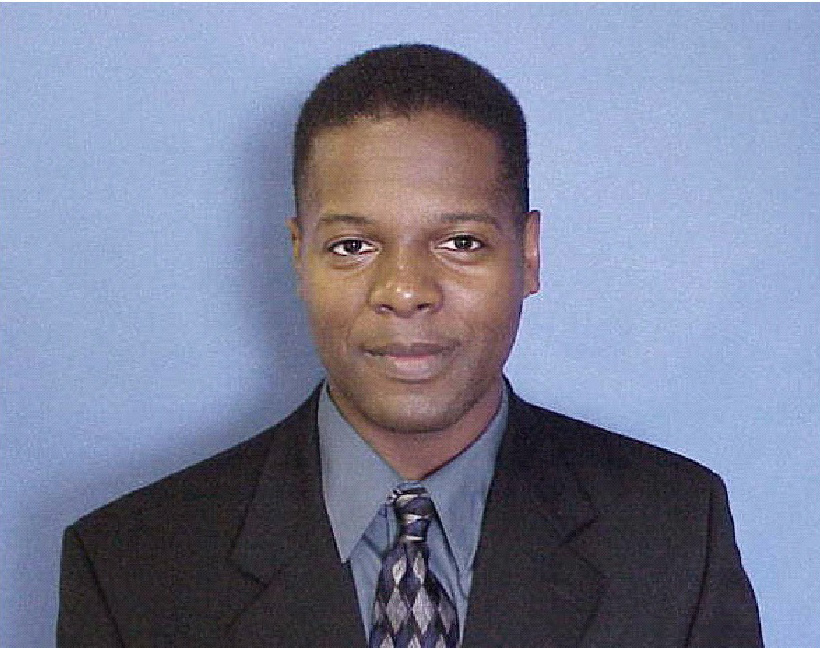![]()
![]()
![]()
![]()
![]()
![]()
![]()
![]()
![]()
![]()
![]()
![]()
![]()
![]()
Michael A. Stubblefield
 Dr.
Michael A. Stubblefield received his Bachelor of Mechanical Engineering from
Southern University in 1987. He received his Ph.D. degree in Engineering
Science from LSU in 1997, the first ever African-American. He is currently an
Assistant Professor of Mechanical Engineering and the Director of the Center of
the Centers of Excellence Program - Center for Energy and Environmental Studies
(CEES), Center for Information Technology Innovation (CITI), and the Center for
Coastal Zone Assessment and Remote Sensing (CCZARS) at Southern University.
CITI is the SUBR component of the Governorís IT. CCZARS is a NASA funded center
that was funded at $6 million over five years. CCZARS provides Remote Sensing
Applications and Training and GIS/GPS data collection and warehousing.
Dr.
Michael A. Stubblefield received his Bachelor of Mechanical Engineering from
Southern University in 1987. He received his Ph.D. degree in Engineering
Science from LSU in 1997, the first ever African-American. He is currently an
Assistant Professor of Mechanical Engineering and the Director of the Center of
the Centers of Excellence Program - Center for Energy and Environmental Studies
(CEES), Center for Information Technology Innovation (CITI), and the Center for
Coastal Zone Assessment and Remote Sensing (CCZARS) at Southern University.
CITI is the SUBR component of the Governorís IT. CCZARS is a NASA funded center
that was funded at $6 million over five years. CCZARS provides Remote Sensing
Applications and Training and GIS/GPS data collection and warehousing.
Dr. Stubblefield has published ten refereed journals, over thirty additional conference proceeding papers, as well as numerous technical reports. His Ph.D. dissertation was selected as the Best Dissertation of the Year by the College of Engineering and one of the top five dissertations campus-wide. He is also a recipient of the Conoco Young Investigator Award. His research areas of interest include energy technologies and environmental issues. To date, he has been lead investigator on research and educational grants totaling over $10,000,000. Presently, over one hundred undergraduate students have received financial support and research experience via his projects. Before coming to Southern, Dr. Stubblefield served as the Research Director for Specialty Plastics, Inc., coordinating the $2.8 million Advanced Technology Program project sponsored by the National Institute for Standards and Technology.
Biobased Industrial Development
The utilization of biomass
products has many benefits, including reducing U.S. dependence on foreign oil
imports; reducing environmental emissions of air pollutants; revitalizing rural
areas with new markets and revenue streams; and providing greater choices of
fuel sources and industrial and commercial products. It is noted that most
fuels, construction materials, clothes, and chemicals were made from plants
before 1900. By the early 1980's, less than five percent of our industrial
products and fuels were biobased. A systematic approach that addresses
technology constraints and market/outreach can assist our country in fully
exploiting our biomass capacity, promoting the development and use of biobased
and bioenergy products.
Louisiana is an agriculturally intensive state. However, almost all of the
products are of low value. In the rural communities, the unemployment rate is
high and generally speaking, people in rural areas are poor. A strategically
implemented biobased technology program can offer many future opportunities.